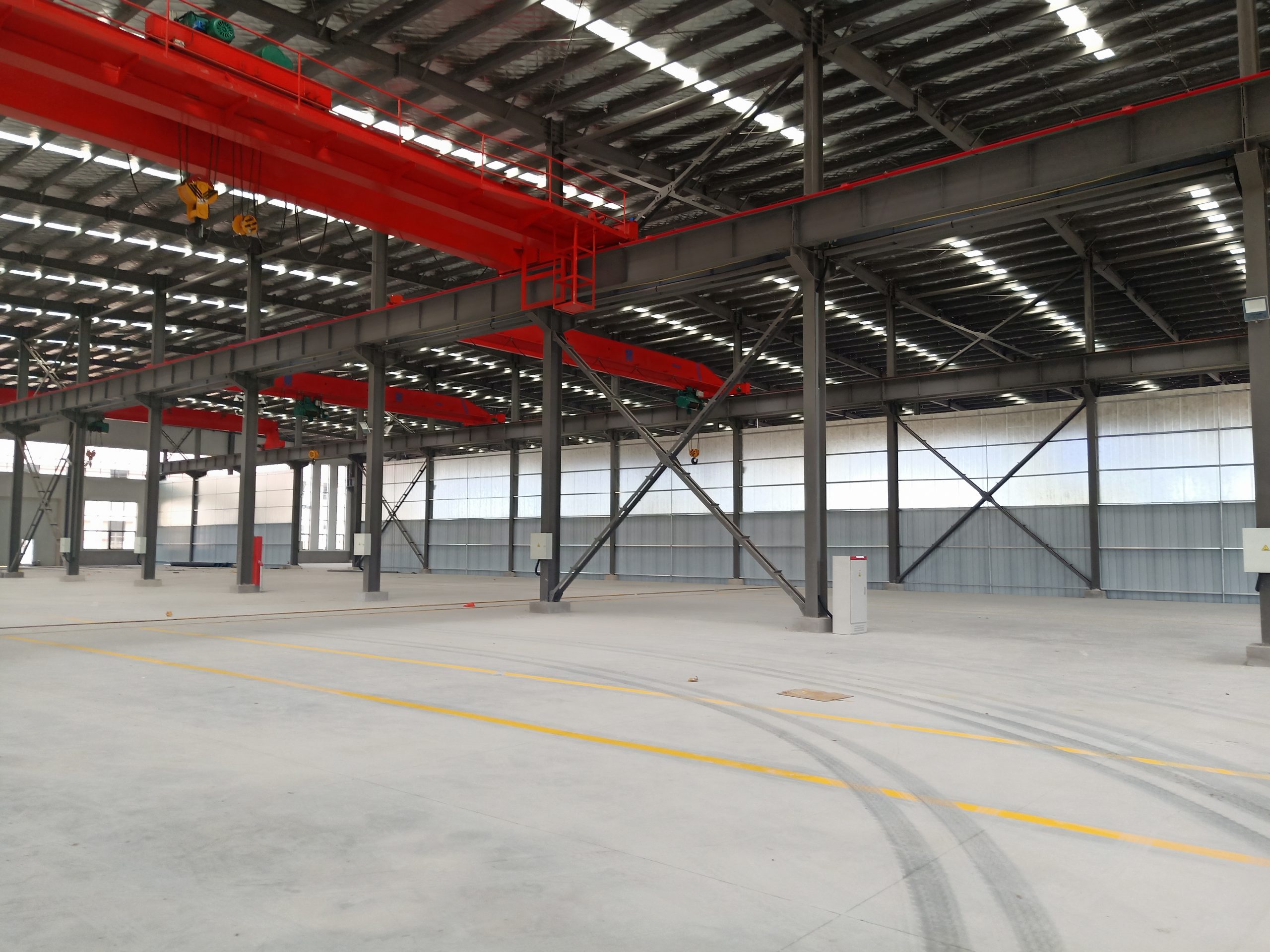Table of Contents
Performance Advantages of Special Steels in Industrial Applications
Special steels are a category of steel that are specifically designed to have superior properties compared to traditional carbon steels. These properties can include increased strength, hardness, wear resistance, and corrosion resistance. As a result, special steels are widely used in a variety of industrial applications where high performance is required.

One of the key performance advantages of special steels is their increased strength. By alloying the steel with elements such as chromium, Nickel, or Molybdenum, the strength of the steel can be significantly enhanced. This makes special steels ideal for applications where high loads or stresses are present, such as in the construction of bridges, buildings, or heavy machinery.
In addition to increased strength, special steels also offer improved hardness compared to traditional carbon steels. This makes them well-suited for applications where wear resistance is important, such as in the manufacturing of cutting tools, dies, or gears. The high hardness of special steels allows them to maintain their shape and sharpness even under heavy use, resulting in longer tool life and reduced maintenance costs.
Another key advantage of special steels is their superior corrosion resistance. By adding elements such as chromium or molybdenum to the steel, a protective Oxide layer can form on the surface of the material, preventing corrosion from occurring. This makes special steels ideal for applications where exposure to harsh environments or corrosive Chemicals is common, such as in the construction of chemical processing plants, offshore oil rigs, or marine equipment.
Special steels are also known for their excellent heat resistance. By alloying the steel with elements such as Tungsten or vanadium, the material can withstand high temperatures without losing its mechanical properties. This makes special steels ideal for applications where exposure to extreme heat is common, such as in the manufacturing of furnace components, jet engine parts, or industrial ovens.
In addition to their superior mechanical properties, special steels are also known for their excellent machinability. The composition of special steels can be tailored to optimize the material’s cutting and forming characteristics, making them easier to machine compared to traditional carbon steels. This results in faster production times, lower Machining costs, and improved overall efficiency in manufacturing processes.
Overall, the performance advantages of special steels make them a valuable material for a wide range of industrial applications. Whether it’s for their increased strength, hardness, corrosion resistance, heat resistance, or machinability, special steels offer a superior alternative to traditional carbon steels in demanding environments. By choosing special steels for their projects, industries can benefit from improved performance, increased durability, and reduced maintenance costs, ultimately leading to greater efficiency and profitability.
Industrial Applications of Special Steels for Enhanced Performance
Special steels are a category of steel alloys that are specifically designed to exhibit superior mechanical properties compared to conventional carbon steels. These steels are engineered to meet the demanding requirements of various industrial applications where high strength, toughness, wear resistance, and corrosion resistance are essential. The performance advantages of special steels make them indispensable in a wide range of industries, including automotive, aerospace, construction, and manufacturing.
One of the key performance advantages of special steels is their high strength-to-weight ratio. By incorporating alloying elements such as chromium, molybdenum, and nickel, special steels can achieve significantly higher tensile and yield strengths compared to carbon steels. This makes them ideal for applications where weight reduction is critical, such as in the aerospace industry where every kilogram saved translates to fuel savings and increased payload capacity.
In addition to high strength, special steels also exhibit excellent toughness and impact resistance. This is achieved through careful control of the microstructure of the steel, which can be tailored to enhance toughness without sacrificing strength. This property is particularly important in applications where the material is subjected to dynamic loading or impact, such as in automotive crash structures or Industrial Machinery.
Another performance advantage of special steels is their superior wear resistance. By adding alloying elements such as vanadium, tungsten, and cobalt, special steels can form hard carbides that increase the material’s resistance to abrasion and wear. This makes them ideal for applications where the material is exposed to abrasive environments, such as cutting tools, dies, and molds.
Corrosion resistance is another important property of special steels, especially in industries where exposure to harsh environments can Lead to premature failure of components. By incorporating elements such as chromium, molybdenum, and Copper, special steels can form a protective oxide layer on the surface that prevents corrosion and extends the service life of the material. This property is particularly important in marine applications, chemical processing, and oil and gas industries.
The performance advantages of special steels make them indispensable in a wide range of industrial applications. In the automotive industry, special steels are used in critical components such as chassis, suspension systems, and engine parts to improve Safety, fuel efficiency, and performance. In the aerospace industry, special steels are used in Aircraft structures, landing gear, and engine components to reduce weight and increase durability.
In the construction industry, special steels are used in high-rise buildings, bridges, and infrastructure projects to improve structural integrity and longevity. In the manufacturing industry, special steels are used in machinery, tools, and equipment to increase productivity, reduce downtime, and improve product quality.
Overall, the performance advantages of special steels make them essential materials in modern industrial applications where high performance, reliability, and durability are paramount. By leveraging the unique properties of special steels, industries can achieve significant improvements in efficiency, safety, and cost-effectiveness, ultimately driving innovation and progress in various sectors.

